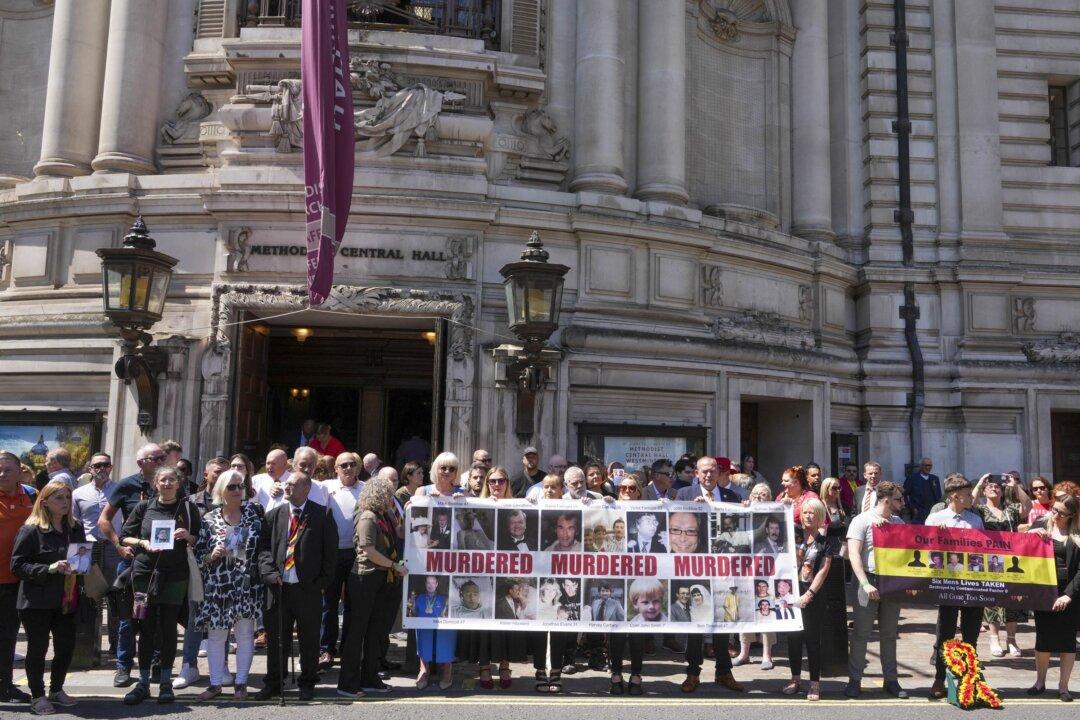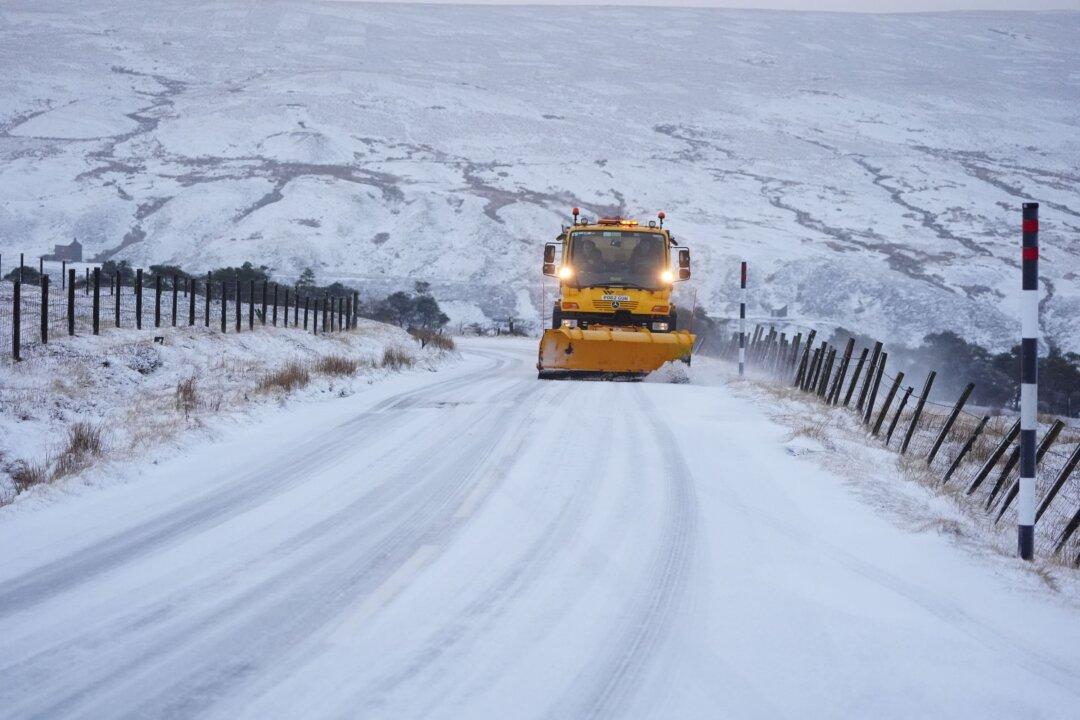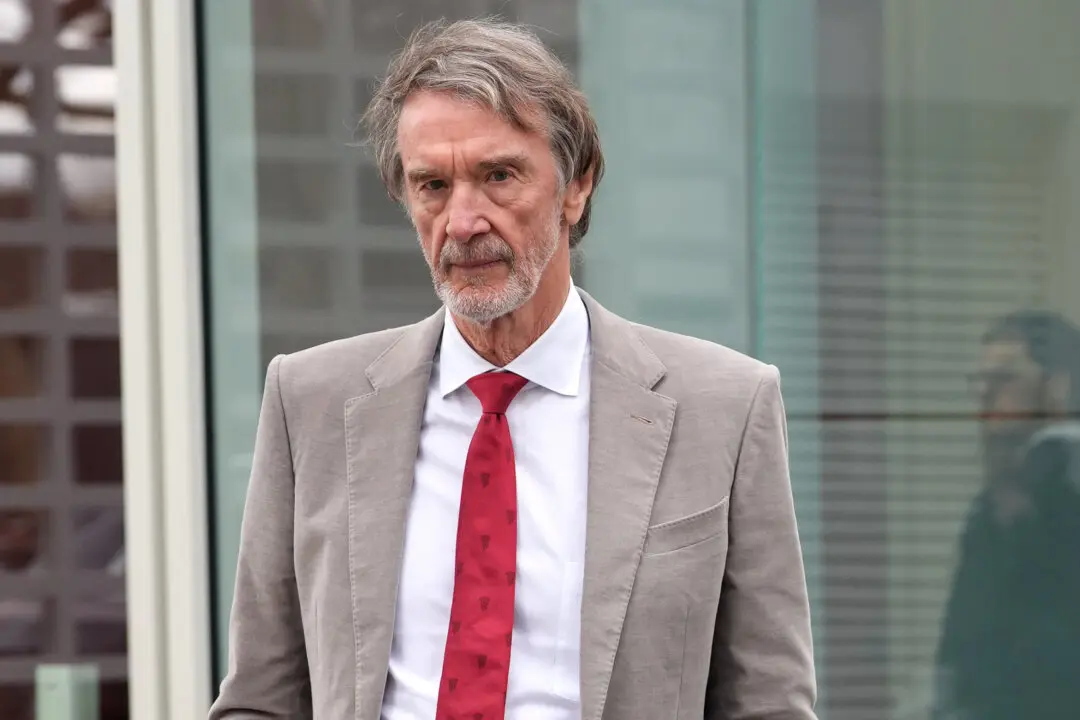Victims of the infected blood scandal have restarted legal action against the government, with their lawyer claiming there was a “misfeasance in public office.”
The civil litigation, brought against the secretary of state for health, concerns imported blood-clotting products which caused haemophiliacs and others to be infected with HIV and hepatitis C in the 1970s and 80s.




